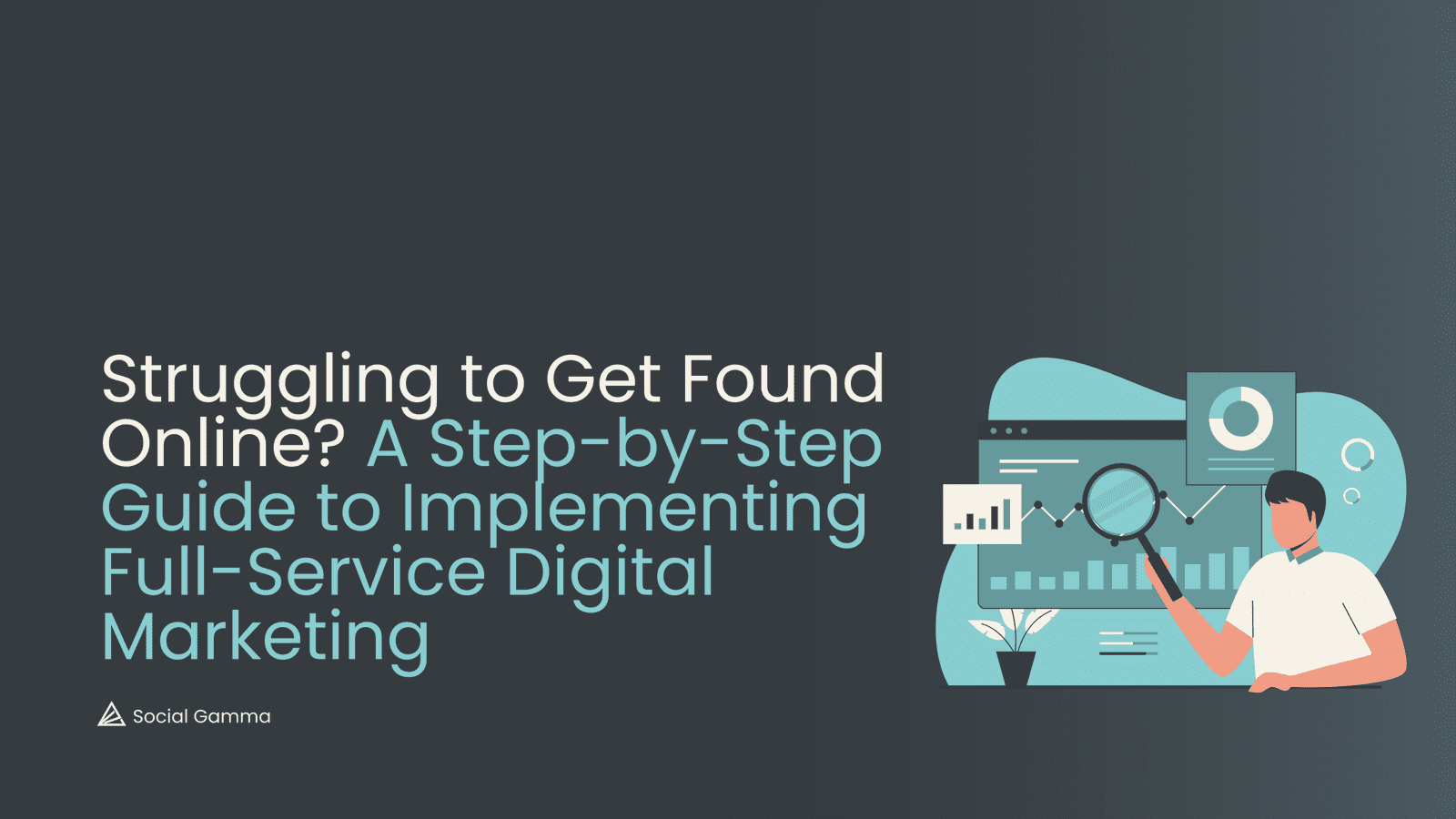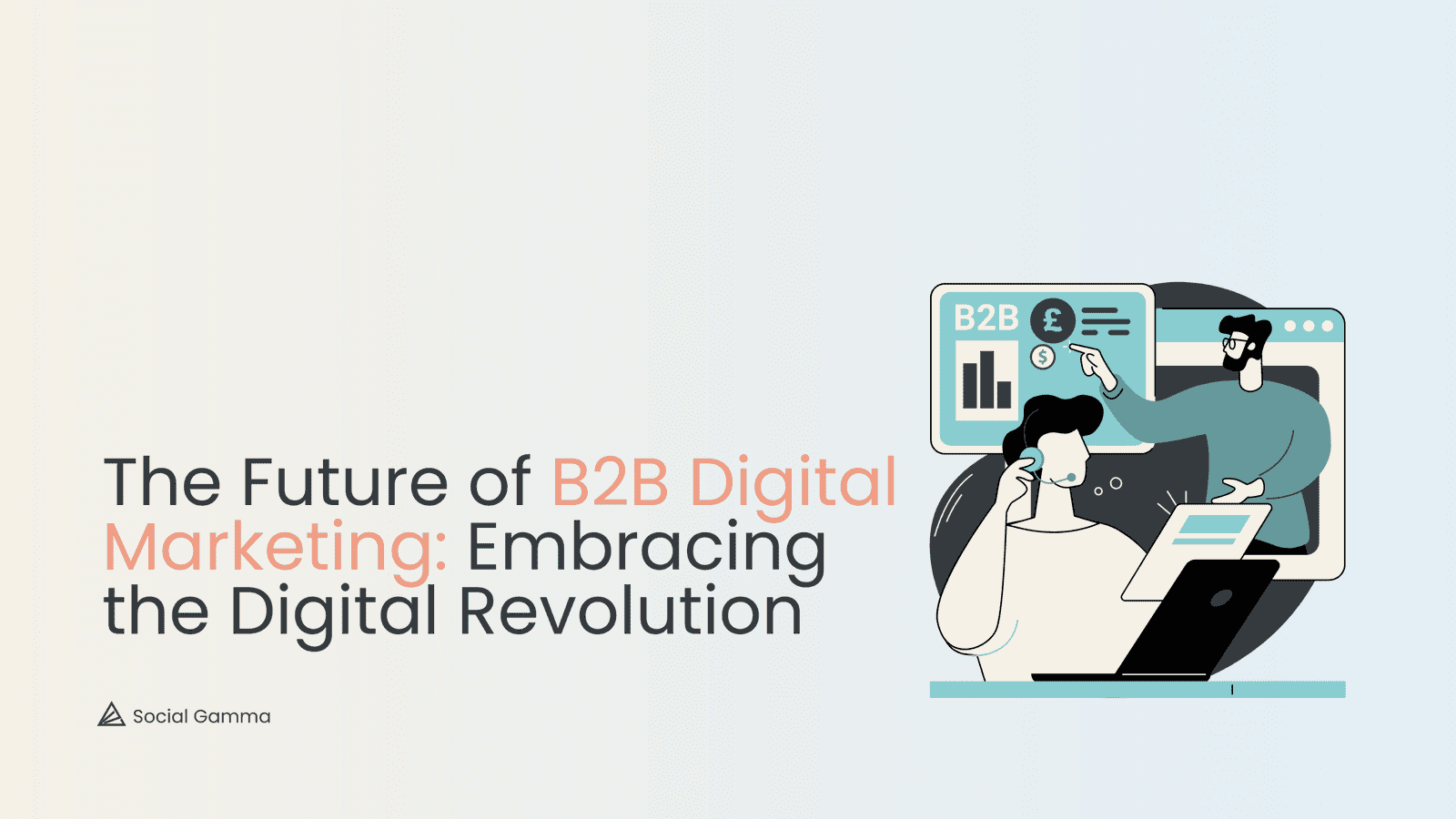Contents
Are robots really taking over?
Well, kind of. But not in the way you think! A while ago, AI was considered accessible only to large multinational corporations which had big budgets, data and tech experts. Today, the situation is completely changed. Almost any business, big or small, has some sort of AI tool that helps them in their digital marketing efforts. Whether it’s a chatbot, tools for advertisements or email marketing, there are so many options on the market right now and it has become not only affordable, but also a way to reduce costs in the marketing budget.

According to Salesforce’s survey, 51% of marketers are already using AI, and 27% more are planning on incorporating this technology in 2019. Marketers around the world are focusing on AI technologies in 2019 and it’s surpassing even the popularity of marketing automatization and Internet of Things (IoT).
5 jaw-dropping changes AI brought to Digital Marketing:
Creating, Generating and Curating Content
Before all you creatives freak out, there’s nothing in this world that can replace imagination, spontaneity and creativity. So it’s safe to say you don’t have anything to worry about. YET.
Leaving jokes aside, AI has made it possible to generate content based on data and information you provide it with. Imagine not having to write that annoyingly long report ever again. I know, right? It sounds like a very, very, very distant possibility in the future. Except it’s here already, in 2019!
Quill, Wordsmith, Heliograf or Articoolo are just a few of the most popular tools that big publications like Forbes and the Washington Post are already using to drive traffic to their website by just allowing these platforms to access the news data and add it into templates. Associated Press, CBS, Reuters, BBC and the New York Times have plans to implement AI to generate content in the near future. Next time you read a piece on the New York Times, be aware that it might not have been written by a human.
Email Marketing

Companies are taking advantage of this more and more as AI technologies are now more developed and are able to perform as efficiently and at times, even more efficiently than humans. AI allows businesses to really customize their emails to the characteristics of each individual, which overpowers the abilities of a human being. Machine learning can track down any behavioral aspects, from the time the user prefers to open marketing emails to the type of content he likes and what type of titles will be more likely for him to click on.
Phrasee is one the AI tools that you can use for email marketing and according to their statistics, their “generation of email subject lines surpasses those of a human by over 95%”.
Digital Advertising

We know what you’re thinking! This is one of the most obvious examples, but digital advertising had a really smooth and impactful transition to AI technologies. Platforms such as Google AdWords or Facebook Ads are always looking into what people like, where they work, what they do in their spare time and ultimately, their buying behaviour.
Digital Advertising is increasingly important for most companies which operate online and want to push their content/product/services at the top of our feeds or generate leads for their business.
While Google AdWords has been very innovative with their recent auction-based system which allows bidders to pay the lowest amount possible per conversion, we can’t wait to see what the next thing is going to be!
Chatbots and Image Recognition

This was exciting! Implementing AI technology to allow you to have an actual conversation with a chatbot completely revolutionised the sales process. You can literally find the perfect products from your favourite drug store by chatting with their bot. You want to find a new shampoo that’s suitable for your hair? Done! You can find it in minutes and it’s highly efficient.
It’s always easy, fast and reliable and that makes it so popular today. Consumer goods companies will have to up their game and make friends with the robots in 2019 because if they don’t, their competitors will and sales will go through the roof.
Sephora is one of the brands that upgraded their chatbot, turning it from a regular customer service assistant bot to a beauty-guru-make-up-artist-best-friend kind of bot. It’s called “Visual Artist” and it lets you virtually test out beauty products. It’s INSANE and wonderful at the same time. The AI recognises facial features and adds the eyeshadow, lipstick, contour to your face so that you can see what it would look like. Yes, it’s not the same as if having an in-store experience, but it will save you precious time when you decide to go in the store and buy what you’ve already tested.
Image recognition used to be just about objects, but AI has changed the whole game. It helped recognise facial features and emotions. This could be the end of long queues at the bank and a huge improvement for customer service. Amazon Rekognition is one of the tools that could make all of this possible in the next years.
Seeing Figures Into a Crystal Ball

Predictive analysis is another great transformation made by AI technology to digital marketing. An analysis made by a software on data from the past can be calculated into future probable figures. That allows you to understand what is likely to happen to your business in the following months or how engagement is going to go on your social media. This is an amazing opportunity for businesses to prevent losses or at least minimise them ahead of time.
Ultimately, AI is making everyone’s lives so much easier as far as digital marketing is concerned. It helps marketers get an in-depth understanding of their audience and their buying behaviour, as well as transforming the user experience. AI is also increasing productivity, efficiency and eventually, ROI. We can’t wait to see what this year brings on next!

